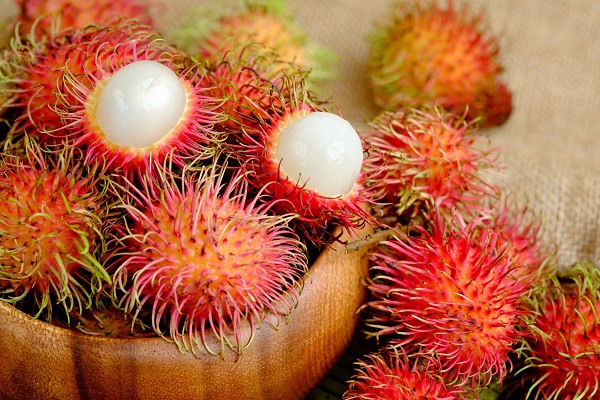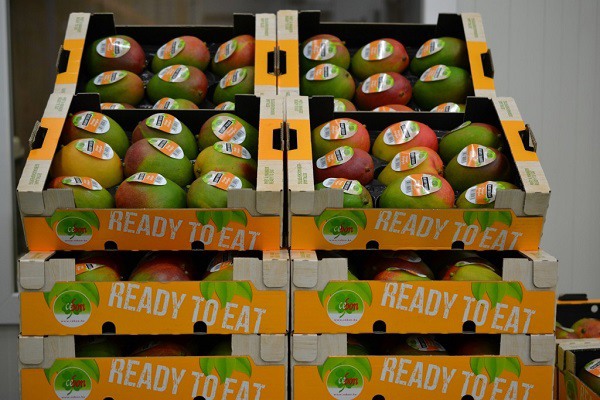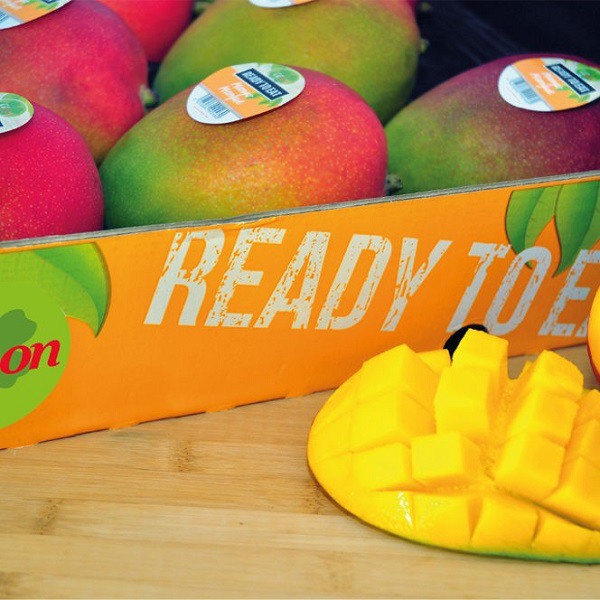The current economic climate is making it hard for exotics. December is usually the month of choice for exotics sales in the Netherlands and Belgium. This year, however, as the festive season approaches, the market seems quieter than usual. “Inflation means the pricier products are certainly being more quickly overlooked. We’ll have to see what happens, but consumption is noticeably far lower,” begins Ive Lambert of the Belgian company Starfruit.

This importer usually becomes busier and busier as Christmas nears. “November is traditionally always a little quieter, but as the holidays approach, demand normally increases. But with the current energy prices and inflation, demand is still lacking. People only have so much to spend. When it has to go to the energy bill, they’re more likely to abandon the more expensive exotics. That’s especially true for the ‘exclusive’ products. They’re wonderful products to show off at Christmas dinner, but things like granadillo, rambutan, or mangosteen always suffer. The ‘regular’ exotics, such as avocados, mangoes, and pomegranates, have less of an issue. Many Belgians are now well-familiar with these, so, in these times, they still sell when people want a slightly more exotic product.”
Product prices vary substantially
The different product prices also vary substantially at present, explains Ive. “Consider avocados: there are too many small sizes and too few large ones. In terms of countries of origin, it’s currently a transition period in terms of origins. The supply of Moroccan and Spanish avocados is starting now, but both countries had plenty of climate problems during their growing period. Avocados need lots of water, and both countries were much affected by hot, dry weather. That resulted in lots of small avocados and neither country has many of these fruits. The different sizes’ prices vary considerably; the larger fruit is very expensive; the smaller ones, very cheap. And those price gaps will only widen,” he says.

“The same goes for Spanish mangoes. The mango market has been very challenging. The supply from Brazil, supposedly the top cultivation country now, stalled because of the weather and elections. So, In November, quite a bit less came in than expected. That’s improved but, still, the market will keep fluctuating significantly in the coming period. If there are still higher volumes in January, prices will plummet. But I expect exporters from, especially, South America to be more cautious. With current freight rates of around $10,000, you’re at $2 for shipping for a box of mangoes. If they sell for €3 or €4/box in Europe, they earn nothing.”

There is a product in which I've sees plenty of potential: South African lychees. “We recently started with these and sold less than last year. But, in a difficult market, it’s going remarkably well, relatively speaking. People in Belgium have increasingly begun appreciating this product in recent years. That’s partly because the South African lychees are much better than, say, those coming in by sea from Madagascar. Lychees are something where consumers still favor quality over price. There’s an added advantage here: with 300 g instead of 500 g, you're still left with a lot of fruit. People may buy a little less, but it does sell,” he concludes.
Ive Lambert Starfruit Company
Starfruit Company
Werkhuizenkaai 112
Brussel - België
+32 (0)2242 0876
[email protected]
www.groupadw.be/starfruit










